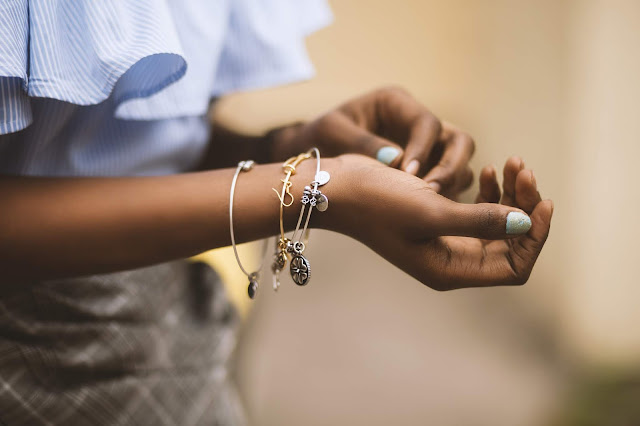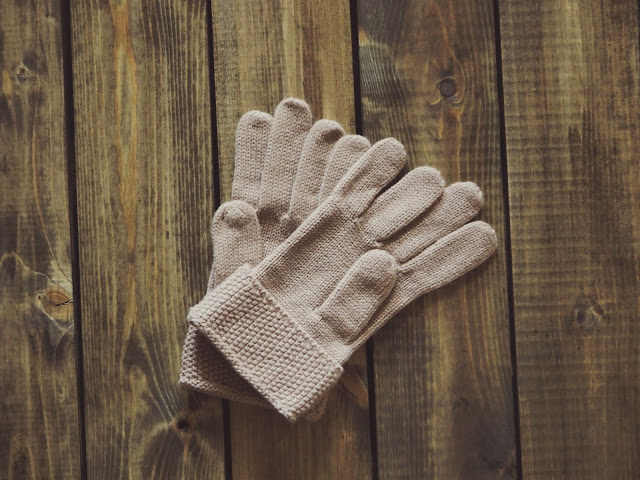Essential advice to help you stay healthy on the job.
Some jobs come with obvious occupational hazards, like construction and emergency personnel jobs, but did you know that jewelers also face some risks when performing their professions?
Constant exposure to jewelry and metal makes jewelers at risk of developing skin allergies. Read on to find out what allergies may develop from working as a jeweler and learn how to spot and remedy these issues.
What are the signs you must watch out for?
“Health is wealth” as the old saying goes, so it’s important to be mindful of sudden skin changes and abnormalities so you can have a worry-free experience at work:- Skin rashes
- Skin discoloration (some have reported seeing their skin turn to red, green, or black)
- Dry skin patches that resemble burn marks
- Blisters that may “leak” in some cases
- An itching or burning sensation
What causes these symptoms?
Our skin reacts to different substances and items in different ways. Food, cleaning aids, even dust, and pollen can cause a reaction in some folks, while others will feel nothing at all. Metal is also a common allergen, and jewelers usually develop an allergy to it due to constant exposure. An allergic reaction is a result of the immune system reacting to a substance it perceives to be harmful.
A common metal allergy is nickel allergy. Found in costume jewelry, it can cause itchy blisters and redness through skin contact. Even stray traces of nickel or silver and gold-plated nickel can still cause an allergic reaction to more sensitive folks.
Another metal that has the potential to cause an allergic reaction is copper. The pink color in rose gold is because of copper; unfortunately, the same substance that produces such a beautiful color can also deliver unbearable discomfort to allergy sufferers. Take note that copper can also be found in pesticides and common items around the home like pipes and wirings.
What can you do to prevent developing a metal allergy?
Fortunately, they are many measures you can take to avoid this skin problem:- Wear gloves whenever you’re handling jewelry. Not only does it serve as a barrier between your skin and metal, but it’s also a way for you to ensure that you won’t leave skin imprints to your merchandise.
- Proper storage and care are essential to prevent oxidation (which can cause skin reactions). Keep them in jewelry display cases or store them in safes if needed.
- Avoid wetting your hands or skin while wearing jewelry as some metals don’t react well to water.
- See a doctor and get a proper prescription for your condition.






0 comments:
Post a Comment